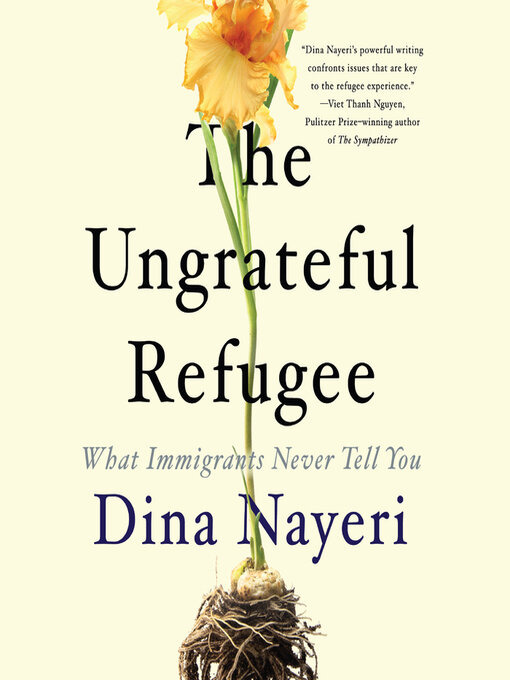
1 of 1 copy available
1 of 1 copy available
-
Creators
-
Publisher
-
Release date
September 3, 2019 -
Formats
-
OverDrive Listen audiobook
- ISBN: 9781666579932
- File size: 303964 KB
- Duration: 10:33:15
-
-
Languages
- English
-
Levels
- Lexile® Measure: 860
- Text Difficulty: 4-5
-
Reviews

Loading
Formats
- OverDrive Listen audiobook
Languages
- English
Levels
- Lexile® Measure:860
- Text Difficulty:4-5
Loading
Why is availability limited?
×Availability can change throughout the month based on the library's budget. You can still place a hold on the title, and your hold will be automatically filled as soon as the title is available again.
The Kindle Book format for this title is not supported on:
×Read-along ebook
×The OverDrive Read format of this ebook has professional narration that plays while you read in your browser. Learn more here.